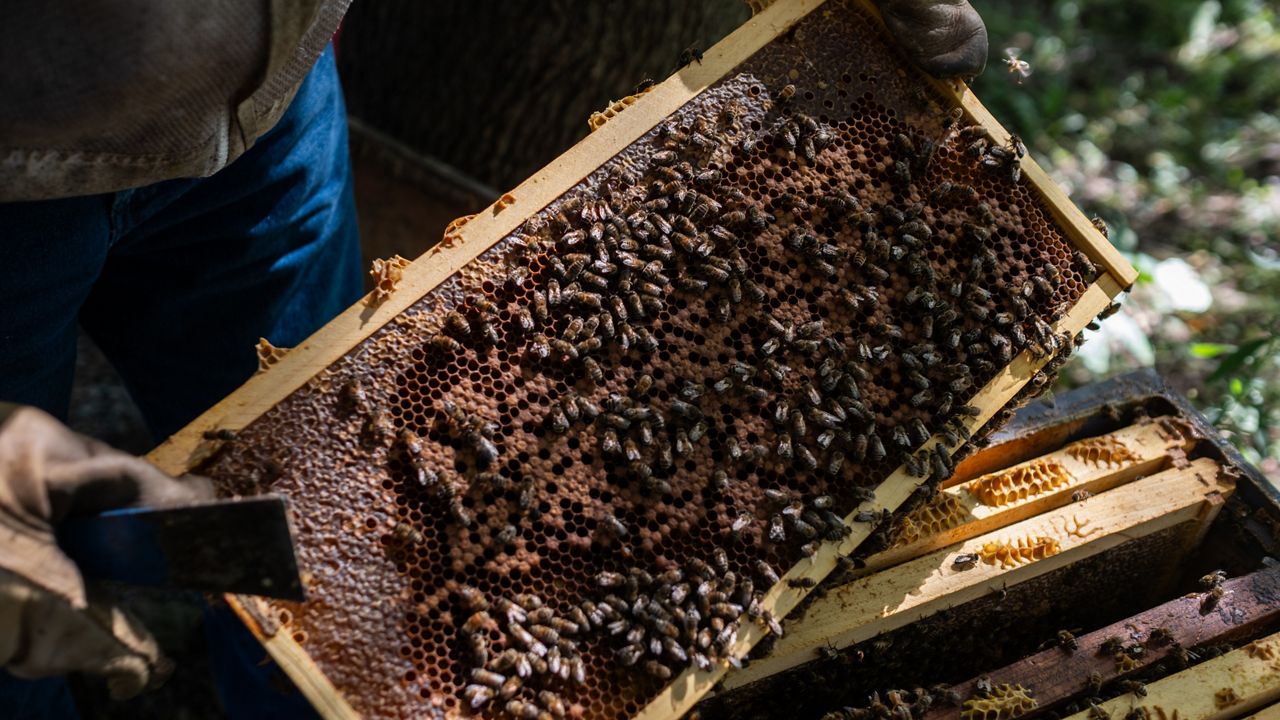Maple syrup and honey are New York staples, but in an audit of the Nourish New York program, the comptroller’s office found they were commonly excluded as eligible products to purchase with state money.
“The state’s Department of Health and Department of Agriculture and Markets need to provide stronger oversight to help the program reach its full potential,” New York Comptroller Thomas DiNapoli said in the audit released last month. “Greater and clearer guidance to food relief organizations will enable them to get funds needed to buy New York-made farm products and should help increase the number of participating farms.”
It was found that the Department of Health applied federal Hunger Prevention and Nutrition Assistance Program standards to the program. In applying these nutritional standards, it left some organizations unable to purchase honey, maple syrup and whole milk, the audit found.
DOH said the Nourish New York program which is a program that allows food relief organizations to purchase goods from farmers, does not exclude products based on their nutritional value, the audit said. But, by applying the nationally-set standards, it left out honey and maple syrup — categorized as natural sweeteners.
The audit found that three out of the 10 food relief organizations they visited were denied by the Department of Health the purchase of honey with Nourish New York funds.
Still, the Health Department pointed to the amount of food Nourish New York has provided — nearly 1.8 million gallons of milk and 33.5 million pounds of food in its latest round of the program, according to Cort Ruddy, a spokesperson for the Department of Health.
Additionally, Ruddy said the Department of Health and Agriculture and Markets met with Nourish NY contractors in July to review the guidance for eligible products that can be purchased with Nourish NY funds — and to clarify foods like honey and maple syrup are allowed.
The audit also found nearly 40% of producers were unaware of the Nourish New York program, according to a survey of 188 producers. Of the 71 who said they didn’t know about the program, 63 said that was the reason they didn’t participate.
Raymond Lowe, a honey producer in Lafayette, said often honey and maple syrup are left out of these types of programs because of confusion around nutritional value, but he believes raw honey has more benefits than store-bought honey.
“A lot of my bottles, if you hold it up to the light and look through it you will see suspended particles which are pollen and wax but they take all that out, so it looks pretty when it is sitting on the grocery store shelf,” Lowe said.
Honey has been shown to have anti-inflammatory benefits and includes antioxidants, according to the Mayo Clinic. It can also be used as a cough suppressant.
Lowe sells his honey at the CNY Regional Market where he is often approached by people who want to buy his products using EBT — and bonus dollars added by the state.
“It says specifically on them for fruits and vegetables, so I'm assuming that doesn’t include honey,” Lowe said.
While there are organizations that help promote locally produced honey such as the Empire State Honey Producers organization, Lowe believes that New York could do a better job of including honey in these programs.
“I never see the state advertising to the public anything about buying local honey so yeah, I think they could do but I can understand the confusion. Is it a sweet? Is it a food? That has been a question for a long time,” Lowe said.


